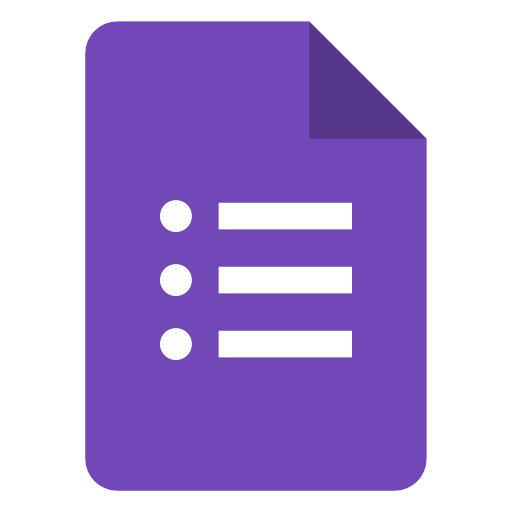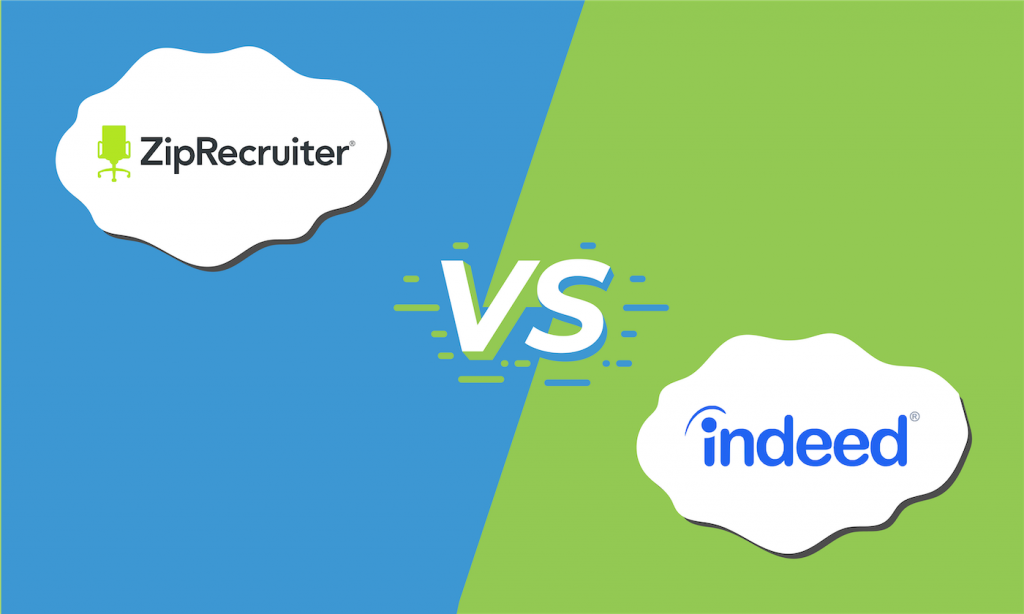SurveyMonkey is one of the most popular survey creation tools on the market, used by individuals and businesses alike to gather information and improve their products and services. However, SurveyMonkey doesn’t fit everyone’s budget and feature requirements.
After evaluating several SurveyMonkey alternatives, I’ve narrowed it down to the top five options you should consider:
- Google Forms: Best for Google users.
- Zoho Survey: Best free plan.
- Typeform: Best for survey templates.
- SurveySparrow: Best for large companies.
- Qualtrics: Best for advanced users.
Best SurveyMonkey alternatives
Standout feature
Offline use
Forever free plan
Starting price*

Google Forms
Drag-and-drop form builder
No
Yes
Forever free

Zoho Survey
Customizable variables
Yes
Yes
$25/mo.

Typeform
Beautiful templates
No
Yes
$25/mo.

SurveySparrow
Advanced surveys
Yes
Yes
$19/mo.

Qualtrics
Analytics and reporting
Yes
No
Custom quote
*Prices reflect annual billing.

Google Forms: Best for Google users
Overall score
3.0/5.0
Pros
- Completely free for anyone with a Gmail account.
- Very low learning curve; great for beginners.
- Generates automatic summaries of responses.
Cons
- Must have a Gmail account in order to use it.
- Only 17 templates to choose from, and designs are simplistic.
- Limited question types.
Why I picked Google Forms
I chose Google Forms because it’s completely free for anyone with a Gmail account. It also has a low learning curve, making it easy for beginners to master. Google Forms is a good choice for startups or students on a budget that need a completely free option.

Zoho Survey: Best free plan
Overall score
3.5/5.0
Pros
- Forever free plan supports unlimited surveys.
- Choose from 30+ question types and 250+ templates.
- Webhooks feature connects to almost any third-party software.
Cons
- Free plan limits each survey to 10 questions max.
- Users say the templates lack customization options.
- Navigation could be more logical.
Why I picked Zoho Survey
I chose Zoho Survey because it offers a forever free plan that supports unlimited surveys and up to 100 responses per survey, which is more generous than many competitors’ free plans. It also offers 30+ question types and 250+ templates to choose from, making it easy to create detailed, professional-looking surveys and forms.

Typeform: Best for survey templates
Overall score
4.0/5.0
Pros
- More than 600 beautiful templates to choose from.
- User-friendly interface.
- Mobile-responsive surveys.
Cons
- Not possible to edit previously submitted responses.
- Free plan is limited to only 10 responses per month.
- No offline mode available.
Why I picked Typeform
I chose Typeform because of its vast library of aesthetically pleasing and mobile responsive templates. I also appreciated its intuitive interface, which makes it easy to create fully customized forms, surveys, and quizzes.

SurveySparrow: Best for large companies
Overall score
4.5/5.0
Pros
- Advanced survey types available.
- Good reporting and analytics features.
- 5,000+ integrations available through Zapier.
Cons
- Higher learning curve due to the more advanced features.
- Pricing is higher than many competitors.
- Software could be more intuitive.
Why I picked SurveySparrow
I chose SurveySparrow because it offers enterprise-oriented tools that SurveyMonkey lacks, like custom domains, custom CSS, scheduled reports, and recurring surveys. It also offers a wider range of integration options, so there’s a good chance it’ll connect smoothly with your existing tech stack.

Qualtrics: Best for advanced users
Overall score
4.5/5.0
Pros
- Useful for designing complex surveys.
- Built-in reporting tools.
- Lots of flexibility to choose question types and order.
Cons
- Pricing plans are expensive and confusing to navigate.
- High learning curve.
- Interface design could be more intuitive.
Why I picked Qualtrics
Qualtrics offers over 100 questions to choose from and supports advanced logic and branching, which is ideal if you’re looking to create intricate surveys with lots of variables. It also offers advanced reporting tools for in-depth analysis, making it an especially good choice for market research.





